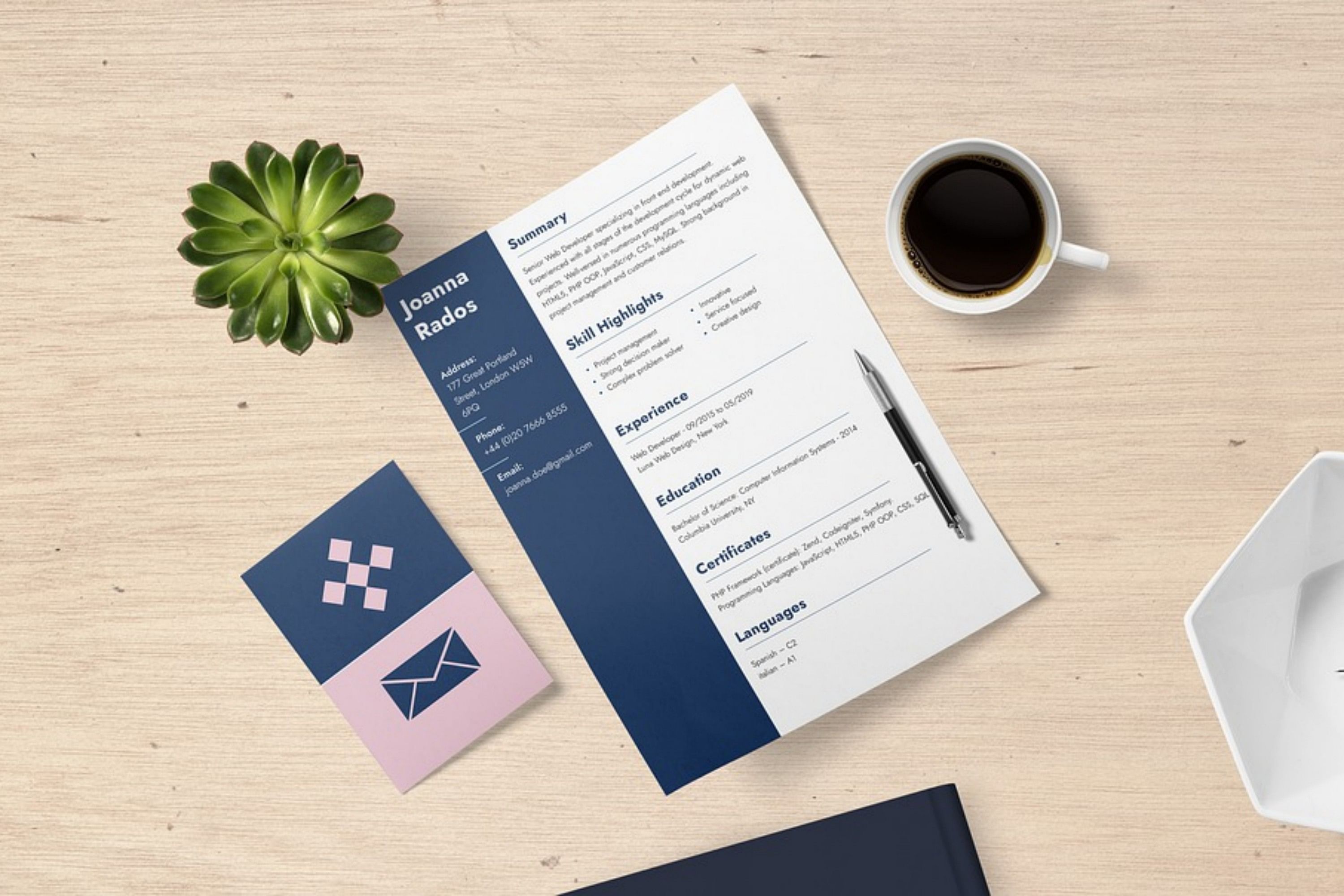SINGAPORE - Many people are taking advantage of the rise in remote working and virtual learning to pick up new skills that could help them land a new job.
But even a star candidate applying for a job at his dream company could have his hopes dashed if his resume does not make it past the hiring manager or, increasingly, the applicant tracking bot.
Here are six resume red flags cited by human resource and recruitment experts, and tips on how to avoid them.
1. No contact details
Resumes without contact details would be the first to go, says ManpowerGroup Singapore country manager Linda Teo.
Recruiters are unlikely to spend time searching for the applicant's contact details unless the job seeker is a rare candidate.
Include up-to-date contact details, but use your personal e-mail address, not a corporate one, if you are currently working.
Using a current work e-mail address to apply for jobs is not only unprofessional but also disrespectful to the existing employer and could cast a negative light on your personality and work ethics, says Mr David Blasco, Randstad Singapore's senior director in sales and marketing and accounting.
Instead, create a personal but professional e-mail address.
2. Errors and messy formatting
A resume that is hard to read and contains many spelling and grammatical errors takes away attention from the key message and reflects poorly on your professionalism, says Workforce Singapore senior career coach Joash Lee.
Use a standard font and size and a layout that makes it easy to read.
Multiple font types and sizes may suggest that you cut and pasted content from other examples, which leaves a bad impression, says Ms Teo.
She adds that there is no need to come up with a creative design or format for the resume unless you are design-trained.

"As recruiters have many resumes to review, they would rather spend the time talking to potential candidates. Hence, they do not spend more than 30 seconds combing through a CV (curriculum vitae)," she says.
"A resume is like a map of your career so far, so keeping it simple will help recruiters spot the critical details faster."
Mr Blasco notes that some candidates use online templates and make adjustments to them to fit in as much information as possible. But some of the text could extend beyond the page border, which makes it unreadable once it is exported to PDF format.
Always double-check that your resume can be read before submitting it.
Also, proofread for spelling and grammatical errors. Most word processing software comes with spell-check functions.
Check for factual mistakes too, such as overlapping employment dates - unless you were working two jobs concurrently - and spelling errors in your education history and past employers' names.
"Such errors may seem harmless, but show how professional or meticulous you are," says Institute for Human Resource Professionals chief executive Mayank Parekh.
3. Too generic
Most companies now use applicant tracking systems, which means the first round of shortlisting is done by a bot which filters out resumes that do not have the necessary keywords.
Customise your resume to answer the job advertisement. Use keywords from the ad when listing your relevant experience and skills.
You can include a career summary to introduce your professional background and skills that can add value to the specific role you are applying for. Mr Lee says this provides a good preview to capture the attention of hiring managers and help them decide whether to keep reading.
Another tip is to ensure you apply for the right job.
If you are applying for one that fits your expertise and skills, you will be able to find many keywords in the job ad that make sense to you, says Mr Blasco.
Mr Parekh recommends including relevant soft skills in your resume, besides technical skills.
Singapore Human Resources Institute president Low Peck Kem says that you should ensure your qualifications, skills, job experiences or professional certifications listed meet the minimum requirements indicated in the job ad.
Also make sure your cover letter is addressed to the right employer and quotes the right position that you are applying for.
4. Too long
Experts agree that hiring managers are busy people and do not have time to comb through lengthy resumes full of details that are irrelevant to the job opening.
Mr Lee recommends keeping to a maximum of three pages, and focusing on achievements and accomplishments that could provide a similar impact to the future employer.
5. No achievements highlighted
Job seekers who simply list down their duties for their current and past jobs in their resumes will not make the cut, says Ms Teo.
But resumes that over-exaggerate achievements beyond what seems possible to accomplish within the given employment period are also red flags, she warns.
Highlight your achievements and contributions in your past roles, and substantiate or quantify them where possible.
You can include a link to your portfolio if you are applying for a creative role like graphic designer.
6. Ranting about previous employers
Be careful about ranting about why you need a job, how you were unfairly treated and so on in your application or resume, says Ms Low.
"Nobody wants an entitled employee and 'complaint king or queen' who badmouths his previous employers," she says.
Focus instead on how you can bring value to the potential employer and the role.

Other grey areas
There are also some grey areas which might raise questions from hirers.
Chief among them is changing roles or employers every 12 months or less.
In such cases, you may want to include the reason for leaving the job, such as it being a contract role, or the company closing, says Ms Teo.
Alternatively, Mr Lee suggests using a functional resume format rather than a chronological one.
This means stating job functions or skills and listing your relevant achievements and experience without the specific employment history, and then having a separate short section briefly listing your work experience.
Another grey area is having a long gap in employment.
Recruiters would typically follow up with such candidates to understand their experiences as there could be a good explanation for these gaps, such as having family commitments or being made redundant due to Covid-19 or business restructuring, says Mr Blasco.
He recommends highlighting the skills acquired or relevant courses attended during that period to show you are willing to learn.
Other situations that may raise eyebrows are having a long tenure with the same job title and work responsibilities, appearing to have been demoted, or being perceived as overqualified.
In the last scenario, Mr Lee recommends indicating reasons for being attracted to the job that you are applying for, and highlighting how your work experience would be useful to the company.
This will help dispel the notion that you are overqualified for the job, and instead reinforce your interest in the role, he says.


